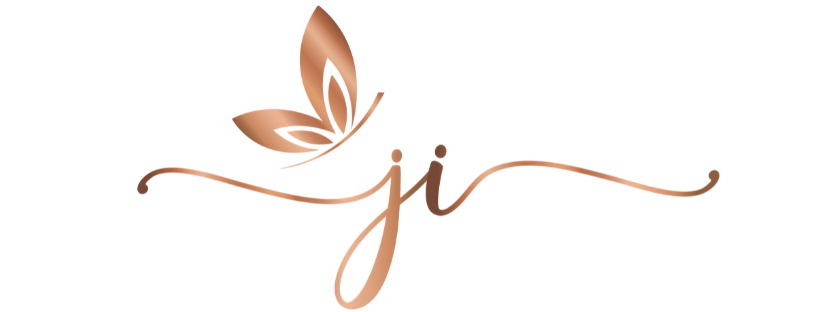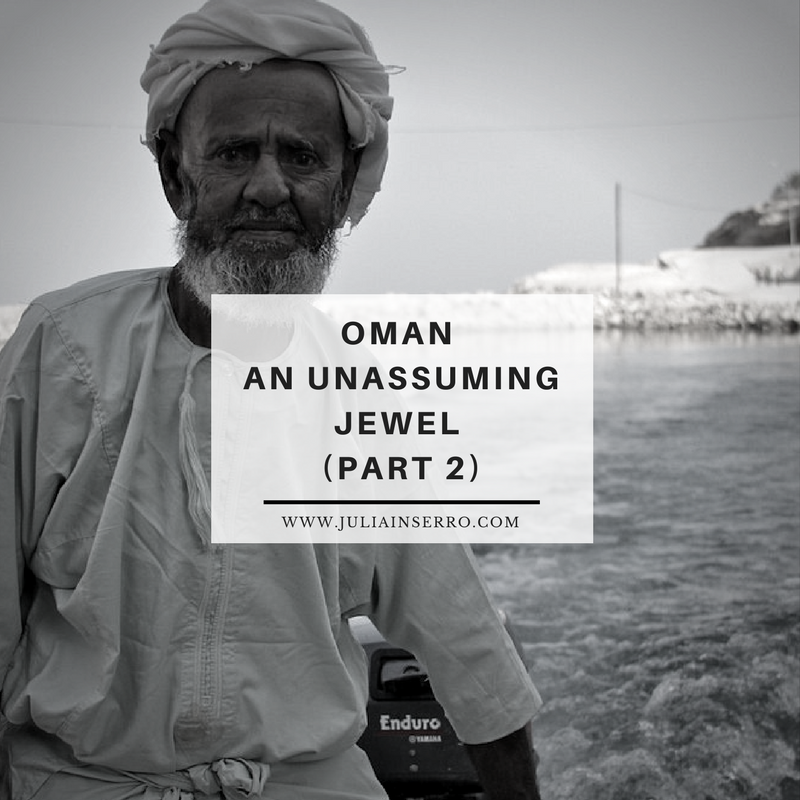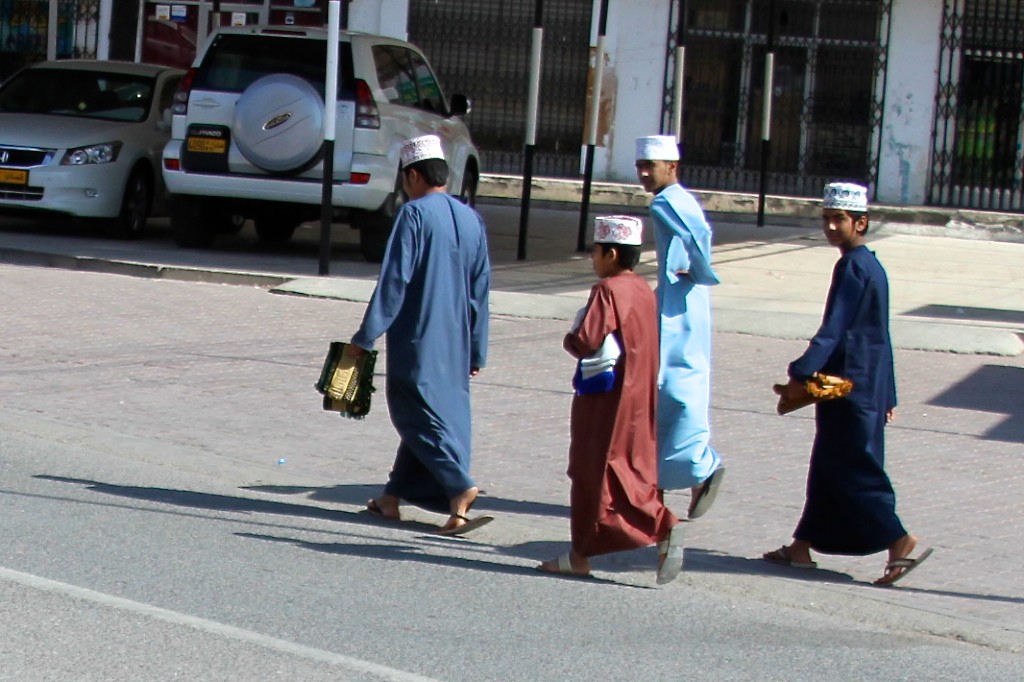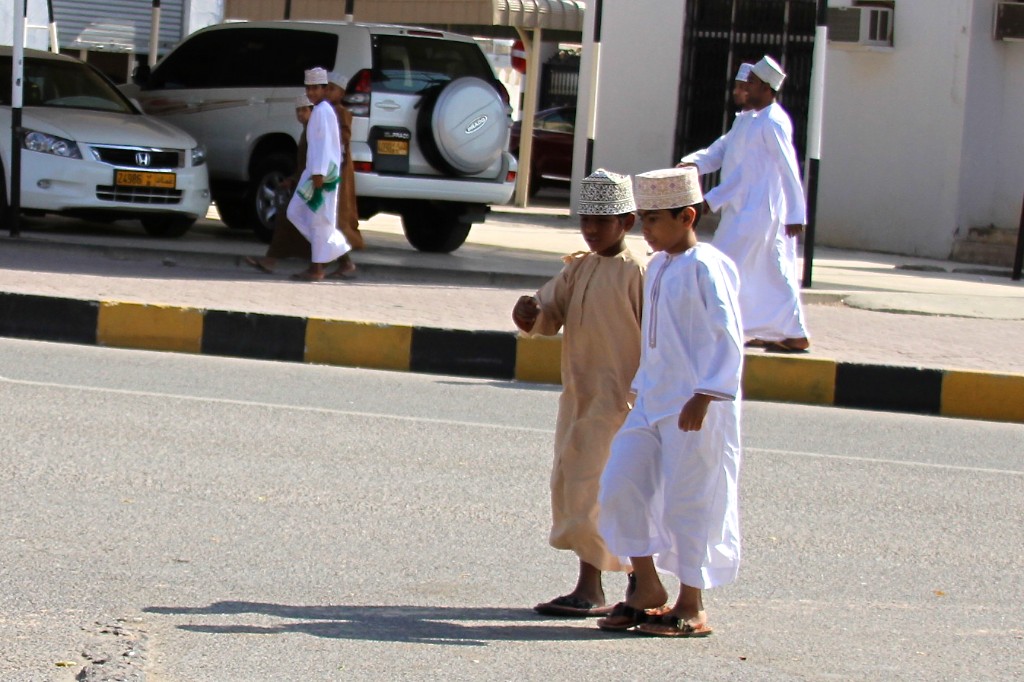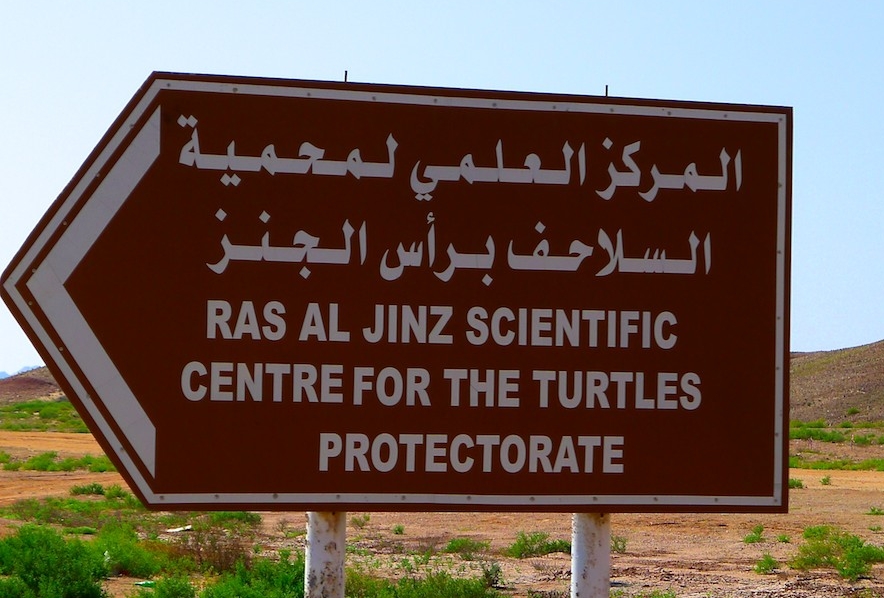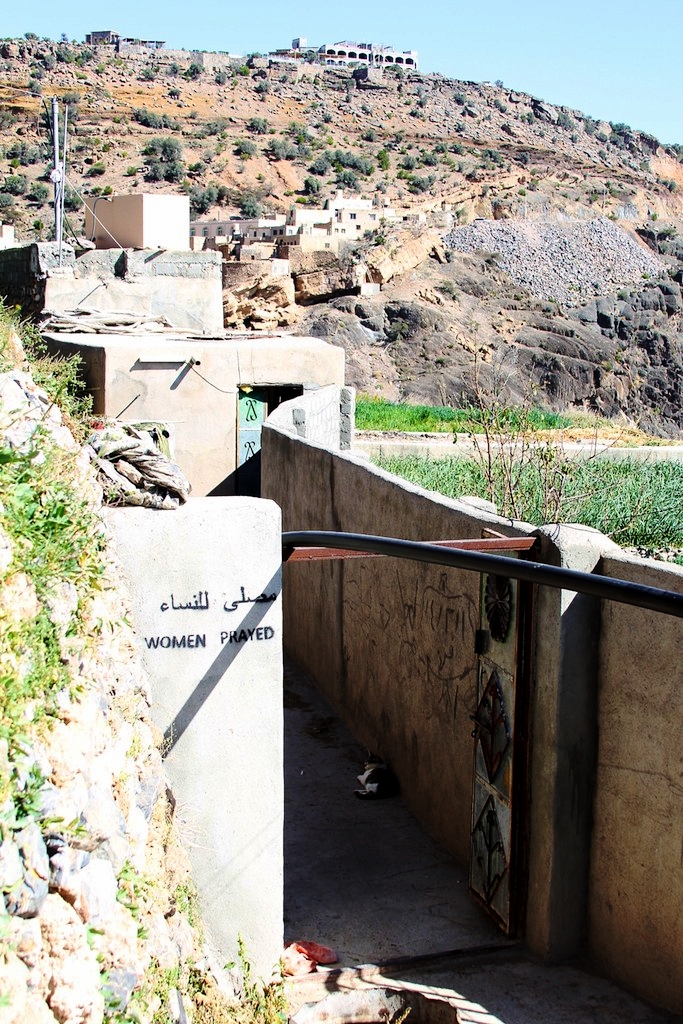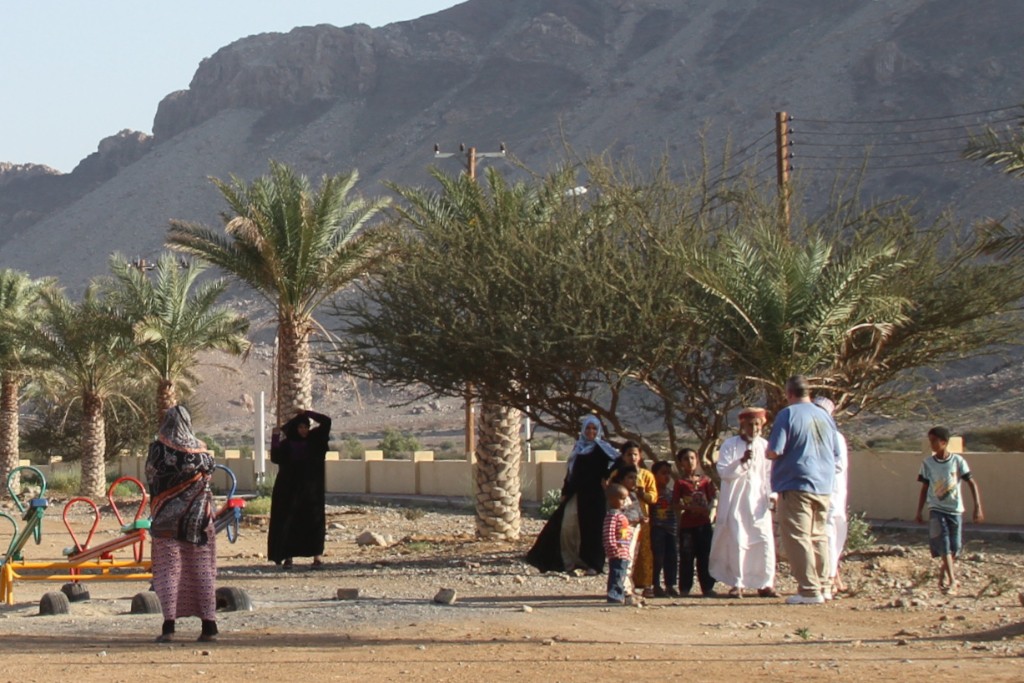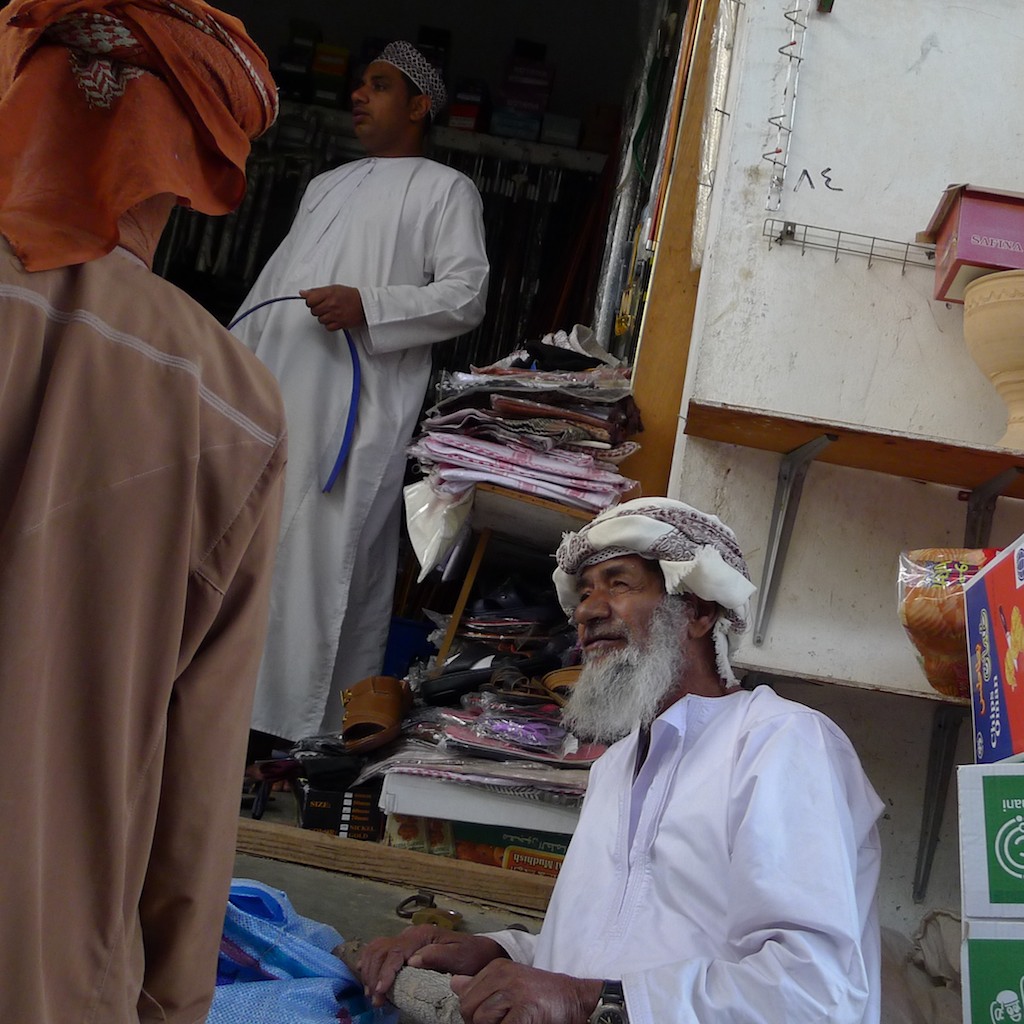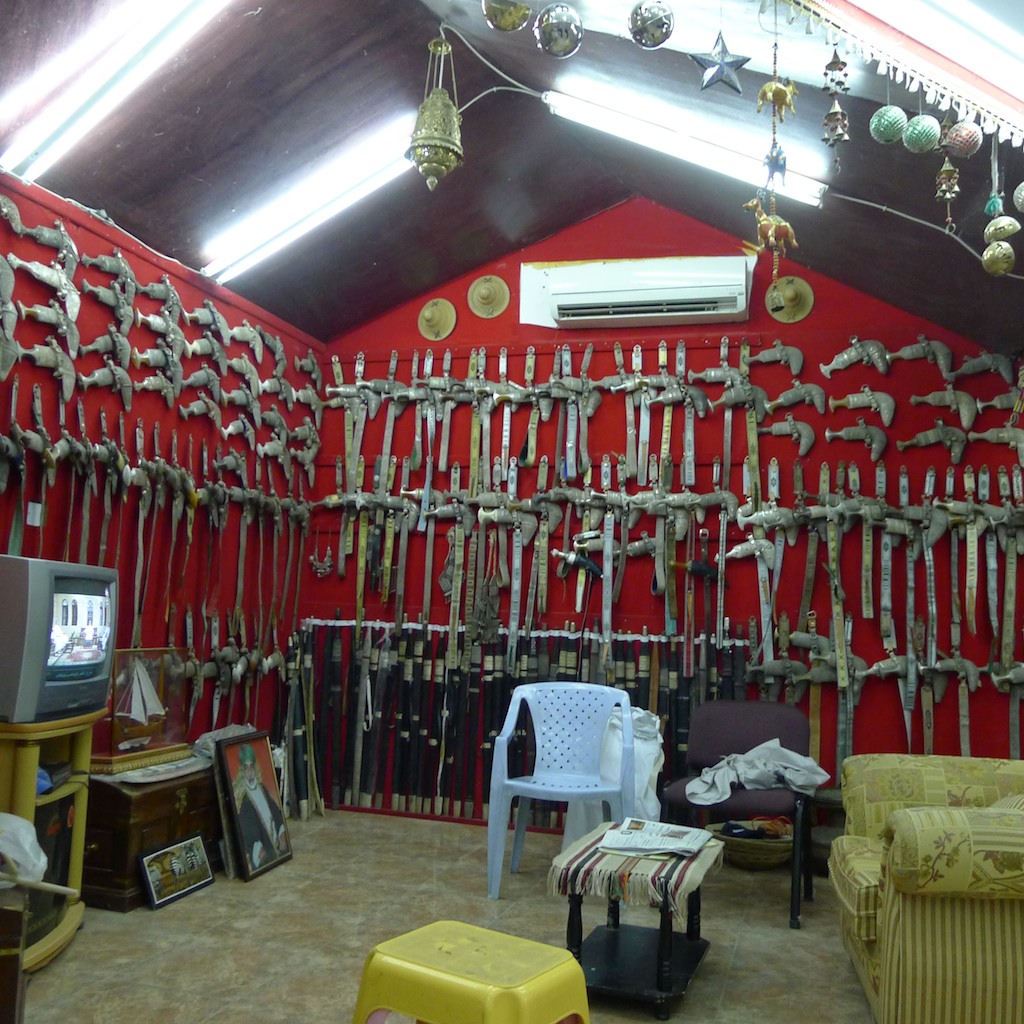Day 2: Forts, Boats and Turtles, Oh My!
The plan was to head south along the coastal road, aiming for Ras Al Hadd, where we’d booked one night at the Turtle Beach Resort, and had reservations to see the sea turtles that evening. Reviewing the map, we saw little fort symbols all over the place, so feeling that if it was worthy of a map-point, then it should be worthy of a stop.
So after making a quick stop for drinks, snacks and cash, we headed on down to Quriyat. It was about 10-15 minutes out of our way, and took us through a sleepy little town, that was only sleepy because it was the middle of Friday morning prayers.
We found the fort without any problem; right in the middle of the city. We parked and wandered around it, but it was completely closed up and there were no factoids anywhere. We decided to wait until prayers got out, hoping that the fort’s guardian would amble by. He didn’t, but lots of other men and boys did, in their colorful Omani outfits and various embroidered caps and turbans.
They all certainly stared at the two strangers scoping out the fort, but no one approached to offer us the key or a tour, so we climbed back in the car and headed out of Quriyat. All in all, I say skip it. Now I’m skeptical of the map-points.
Our next stop was at Wadi Shab. There are several “wadis” throughout Oman. These are typically valleys with high walls, like the bottom of a canyon, and we’d heard that Wadi Shab and Wadi Tiwi were both really beautiful and made for a good hike. We followed the signs for Wadi Shab, but soon found ourselves driving through very narrow streets in a tiny town. As the road narrowed to one-car-width, we saw another car approaching from the other way so we pulled over to let them pass. As they slowly crept by, we saw they were another Western couple. They stopped and rolled their window down and with a perfect Midwestern accent said hi. We asked if we were heading in the right direction for Wadi Shab, and they assured us we were, and said the 45-minute hike in was well worth it, but be sure to wear your swim suit.
Well, despite having our suits with us, I didn’t see changing in the car a viable option, but we continued on regardless. We came to a parking area under the highway and quickly learned that to actually hike in you had to either wade through the water to the other side, or hire a boat to take you across. After watching some waders up to their waist in the water, we opted for the boat.
There was a sign posted that said the cost for the boat was 200 baisa (one-fifth of a Omani rial), so we paid 400 for both of us and with a bit of help from the ancient boatmen, we clambered on board. Our captain was adorable, however, while my husband tried to chat with him he didn’t seem to hear him and just stared at me.
I was quite happy the whole trip only took about six minutes. We lumbered out of the boat (I’ve got to practice this more so I’m less lurchy) then began the trek back through the canyon.
It was so picturesque, with craggy stone walls, periodic caves, palm trees, and iridescent pools of water. It was an easy hike, mostly flat, some sand, some rocks. We walked for about 10-15 minutes then came to a beautiful swimming hole, where you had to traverse the cliff along the side to circumnavigate it.
At this point we decided we should probably turn back, as we didn’t come prepared with swimsuits and we still weren’t sure how long it would take us to get to Ras al Hadd and the turtles. So we turned around and trekked back out, with full intention to doing the full hike on our next visit.
The return boat ride was even more exciting. There were three young men from Bangladesh also waiting, and when the boat “docked” at the muddy incline, they all leapt on board like gazelles, leaving us to fuss and fidget at the slippery edge. Finally I reached out and grabbed one of the young men and promptly slid down the incline, but managed to grab my foot out of the sucking mud and get it into the boat before it completely submerged. With equal help and lots of, “Put your right foot here, and your left hand there,” direction from me, my husband also got in, and we puttered back to the other shore. Amazingly during the time we were gone the price increased, and our 400 baisa fare went up to 500. But we were fine with that and paid and didn’t even point out that the young men’s fare did not increase. Maybe they charge extra for ditherers (especially those from the West).
We headed out back through the maze of the village streets, pausing once to let a young boy and some goats cross, but were soon back on the pristine highway, heading south.
We came in to the town of Sur, which was touted as being the biggest town south of Muscat. It certainly was spread far and wide, but as we were cruising around looking for a restaurant or a grocery store, we were coming up empty. “Where do people eat? How do they get food?” was a common utterance for miles.
We finally came upon a few shops in a row, and one appeared to be a restaurant. I was dubious, but agreed that there were no other options. There were a few plastic benches and tables lined up on the patio outdoors, and a counter that looked into the well-worn and far-from-gleaming kitchen.
There wasn’t really a menu available, moreso faded pictures of questionable meals. So my husband ordered a kebab of some kind, then asked if they had anything vegetarian for me. Nada. Feeling frustrated, but not surprised, I said I’d skip food. But then I saw a pile of eggplant in the back and pushed him to ask about that. He chatted a bit, then said they’d do some eggplant and falafel for me. Hello! Happy now! So we chose a table and sat to wait.
Within minutes we were brought a huge gorgeous salad, of greens, tomatoes, onions, and black and green olives. After dousing it with fresh lemon juice (always advisable for fresh veg in foreign lands) we dove in and it was fantastic! Then my husband’s kebab came, along with my falafel, deep fried eggplant, soggy fries, and a side of tahini with fresh bread. I was in vegetarian heaven. Really, I could have recommended them for a 3-star Michelin listing at this point. Keep an eye out for the “Al Kharuf Alsuri & Coffeeshop,” it’s going places!
Just as we were finishing up, we were joined by a small herd of goats wandering past. My husband was certain they’d heard of the falafel and were looking for a platter, but the proprietor came over and shoo’d them away with his dish towel and some questionable phrases before we could offer some.
As we were leaving, we happened to notice the shop next to our favorite restaurant. It was the “Kawader Sur Trading Co.” specializing in “Retail of Sanitaryware & Fitting There Of”. How utterly perfect.
With the sun slowly setting we continued on down to Turtle Beach Resort, arriving just as dusk was ending. As we bumped over the last part of the unpaved road leading to their driveway, we could see a glow of red lights that got bigger and bigger as we drove on.
Finally we realized that the glowing lights were our resort, with “resort” being less resorty and more campy. It might not have had the flash of the Shangri-La, really couldn’t have been farther from it, but it was practically dripping with character. The path was almost slick with it.
We had our own straw hut with a basic but functional bathroom, and we enjoyed a drink in the mock boat that was the open-air dining hall on the beachfront.
Then after conferring with the staff, we headed out just before 8pm for our 8:30 turtle date.
Ras al Hadd and Ras al Jinz are neighboring towns, though they feel more like Siamese-twin neighbors because I’m not sure there’s much distinction between the two. But I can tell you that at night everything looks very much the same, and this led to us getting horribly turned around. We finally found the other accommodation option in this area, the Ras al Hadd Beach Hotel, and wandered in hoping for some directions to these confounded turtles. They were ready and waiting for us (apparently frustrated tourists are not uncommon) and happily handed us a hand-drawn map leading to the turtles, which we dutifully followed and within 15 minutes were parking in the Ras Al Jinz Scientific Centre for the Turtle Protectorate (they definitely could use an acronym).
We made it with seconds to spare as the last group of eager turtle-watchers was heading out when we walked in. Despite the few recommendations online to the need for making reservations ahead of time, which we did via email, this was apparently not needed as no one asked us about them. But after paying, they did quickly tag us on to the end of the second group who were already heading down to the beach.
As we soon found out, the plan for the evening was to walk out to the beach, via moonlight and a few flashlights bouncing around, and once near the shore stand in quiet groups waiting for our guides to locate a turtle. So this all could have been for naught, I guess, depending on the turtles’ plans. The primary nesting times for the giant green sea turtles, who have claimed this beach, are June through September, however the online sources said they did nest year ‘round, which we, and our 40+ other hopeful turtle spotters, were apparently banking on.
The group we were first tagged on to ended up being me, and my husband, and eight Omani men. However, when we got to the beach, they further separated us into language groups, and the 10 Arabic speakers went with one guide, while we joined the 35 or so English speakers. And after a few minutes of waiting, our guides came back whispering that there they had found a turtle in the middle of laying her eggs. So with fervent whispers, they told us to come forward slowly and quietly in groups of six.
When it was our turn, we crept up to her, being careful to walk around behind her, and as quietly as possible, and with the aid of a flashlight, we peered down into the hole and saw her pushing out golf-ball-sized eggs, pure white and glistening, one after another, slowly but seemingly effortlessly. There was something so magical about watching this under the moonlight, with the waves crashing behind us. I almost felt like I was seeing a unicorn or other mythical creature. She was absolutely beautiful, with an enormous armor-like green shell the size of a saucer sled, and I would have loved nothing more than to give her a good chin-scratch, but I did restrain myself.
The green sea turtle is a truly amazing animal. They take at least 35 years to mature, during which time they swim around, eat and sleep, but then once maturity hits, they return to the same beach they were born on, and the females lay over 300 eggs in a two week period every three years. So when it’s their time, the fertilization occurs in the water, then they climb out of the ocean and come up on the beach. They then go to work digging a hole about three feet deep and three to four feet in diameter (it’s large enough to hold them). Then at one end of the hole, they dig down even further and that’s where they lay their eggs. In one nest they can lay anywhere from 80 to 130 eggs. Then, with amazingly strong front flippers, they hurl the sand behind them covering up the eggs, patting it down with their back flippers. The whole process takes an hour or two. Then she climbs back in the ocean to rest up and prepare for another round in two weeks.
The eggs have their own amazing journey then. And depending where she digs the hole, determines the gender of the babies. If they’re closer to the water’s edge, they’re colder and therefore male. If they’re just a few degrees warmer, they’re female. Our guide assured us that her decision is not conscious, but it certainly does make one wonder.
After two months, the babies start hatching, and the top layer of eggs starts digging furiously and pushing the sand around them down, then the next layer does the same, until all the layers are hatching and pushing the sand below them which slowly raises them up, layer by layer. Then, with a bit of moonlight, hopefully no foxes in attendance, and a good sense of direction, they make a dash for the water.
After spending an hour or so letting all the groups watch the laying of the eggs as well as the cover-up, our guide called us over. He had found a baby sea turtle; imagine a half-dollar with flippers. He was so cute I kept gripping my husband’s shirt to stop myself from squealing. As a mass, we all escorted him over to the beach and our guide placed him where the waves eventually carried him off, to all our enthusiastic, but non-raucous, cheers. I wished him well, and said we’d see him in 35 years.
As we turned to walk back to the Centre I suddenly had a grave fear of stepping anywhere. It was quite dark and the babies were very small. I was desperately wishing for hover-boots at this point. But instead, I walked very carefully and cautiously all the way back. Halfway back we found one more baby who was heading in the complete opposite direction (anyone want to guess at the gender?). So one of the guides ran him back to the ocean, where I’m hoping he found his little buddy.
It was such a deeply moving experience, aided by a harvest gold full moon making it a truly magical night. Despite not being able to take any pictures, and frankly I’m thrilled they strictly enforced that, the images in my mind are indelible. However, we were eager to return in the morning, hopefully to take pictures, as the online comments said you could do that. But when we inquired we were met with blank stares and they said that was only for the museum and gift shop. Harrumph. But we couldn’t force the issue, so we further relished our whole experience, with hopes, of course, of doing it again some day (and we're laminating that hand-drawn map).
